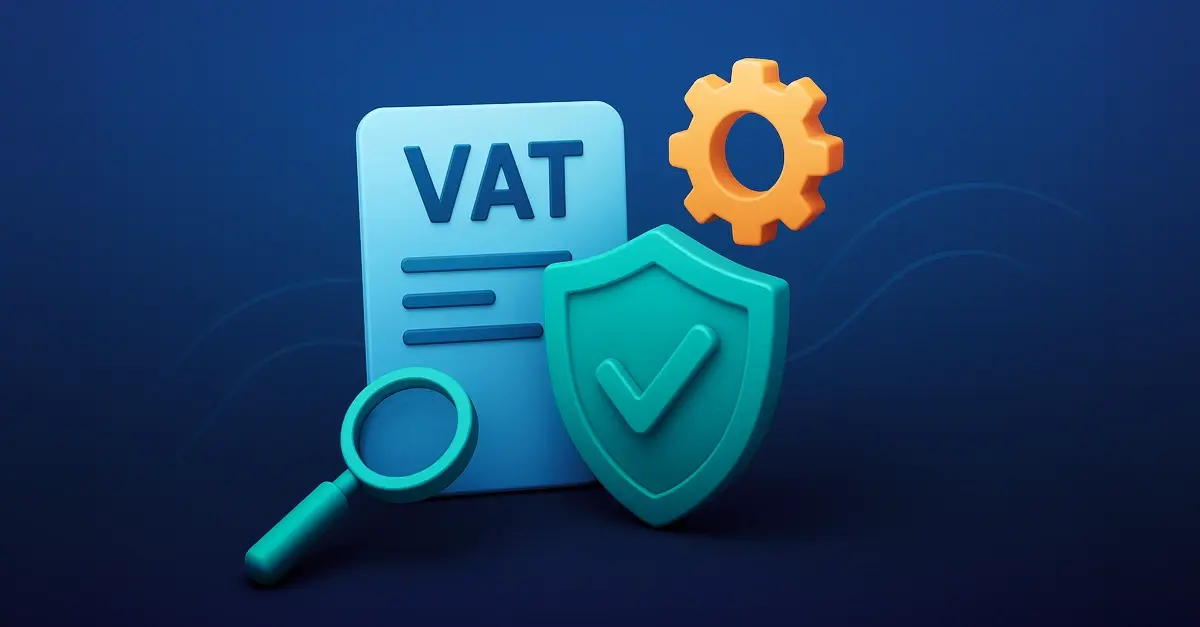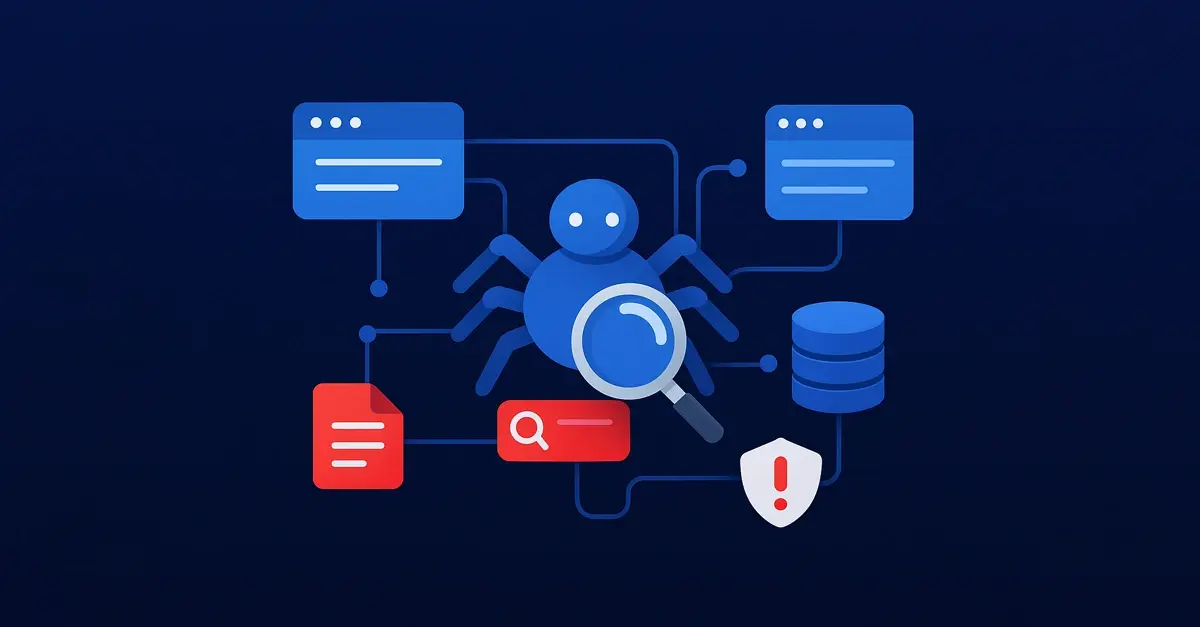Data as a Service, popularly known as DaaS, is a rapidly growing paradigm that is changing the way organizations obtain and use information. The DaaS is a tool for securing data delivery insights through cloud-based platforms that make it easy to use without investing in infrastructure. Below are the advantages of DaaS and how it can revolutionize your business processes.

Cost Efficiency
Cost-effectiveness is an aspect that goes hand in hand with the former. Moving to the traditional approach in managing data needs the commitment of resources, such as computers, software, and technical personnel. Conversely, with DaaS, businesses do not need to make the above investments since they gain access to the data. For instance, a small e-commerce firm can opt for a DaaS provider and resources, to directly get the customer behaviors data instead of investing in data warehouses.
Scalability and Flexibility
We also see that DaaS platforms are the most flexible and scalable platforms among all the data management platforms. DaaS is flexible since businesses can only consume as much data as is required because of the growth of companies or a change in the required data through DaaS subscription. For instance, a retail business during the festive season will require more data on sales of its products to make real-time decisions. Thus, with the use of DaaS, they can inflate their data access in this period and deflate it as soon as the need declines. This covers flexibility to ensure that the businesses get the right amount of data that they require.
Accessibility and Collaboration
The DaaS solutions can be delivered through cloud solutions, which allow the data to be accessed at any time and anywhere. This is especially useful for international organizations or organizations where many or most employees work from home and have to work on projects that require data. For instance, a marketing team based in Australia will work using the same data set as the development team based in London, and all will be aware. This level of accessibility increases productivity and underlines that decisions are made with adequate information.
Enhanced Data Quality
Data cleansing and validation are integral parts of the DaaS services offered. Since clients want fresh and accurate data. For instance, while a financial services firm uses DaaS for market analysis, that firm is assured that the data is updated and clean. This minimizes the chance of making wrong decisions based on outdated information, which enhances business performance.
Focus on Strengths
DaaS creates efficiency because instead of a company spending a lot of time dealing with the many data issues, they will contract a DaaS provider to handle the matters. For instance, a healthcare provider can focus on patient treatment and allow the DaaS provider to deal with data analysis on patients’ conditions. It also increases the quality of services provided in the organization because it lessens the workload of the employees or staff. Infobelpro’s global business directory and data accuracy solutions ensure that businesses always have access to high-quality, verified data, enhancing decision-making processes.
Conclusion
The benefits of Data as a Service are cost control, increase in size easiness of access, data enrichment, and the capacity to concentrate on essential company tasks. Thus, with the help of DaaS, businesses can unleash the value of data while avoiding all the problems associated with data management. Companies that have InfobelPro ensure that decision-makers are presented with the tools needed to query, understand, and use data to spur growth and development. If you're curious about how these benefits align with the Data as a Service pricing, check out how pricing structures vary depending on usage and data needs.





Comments